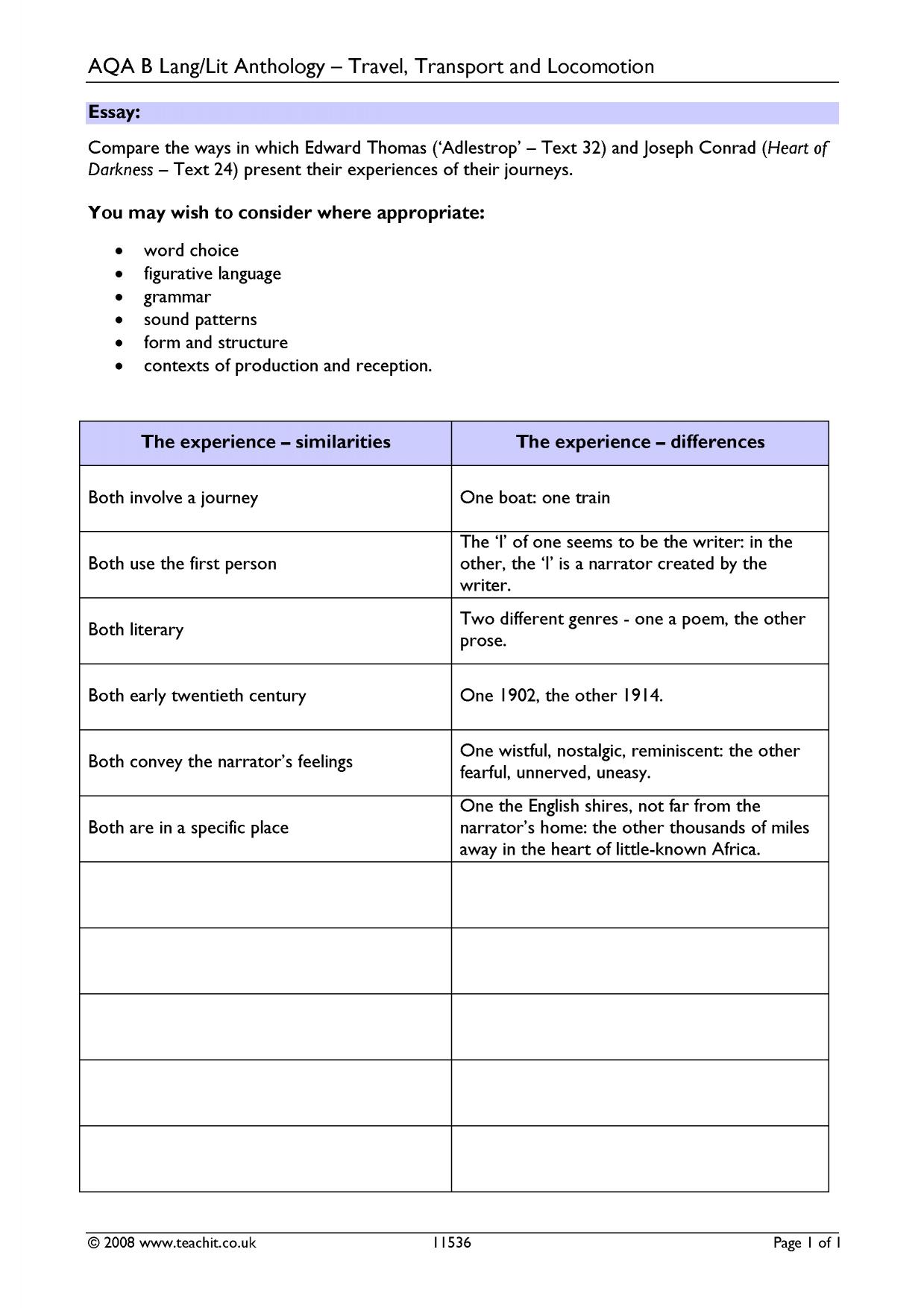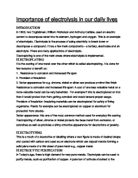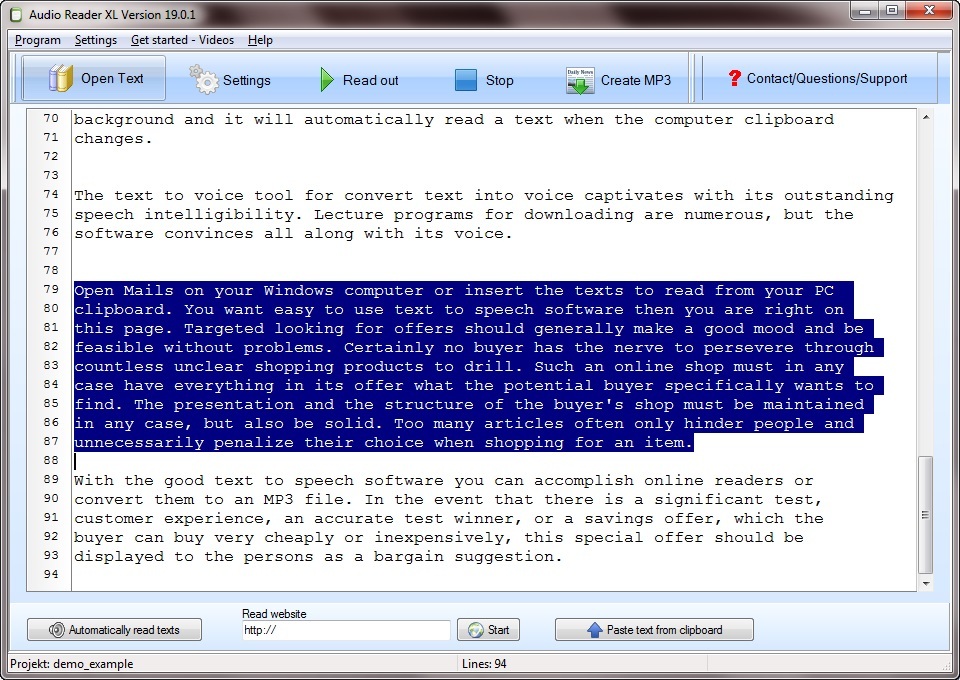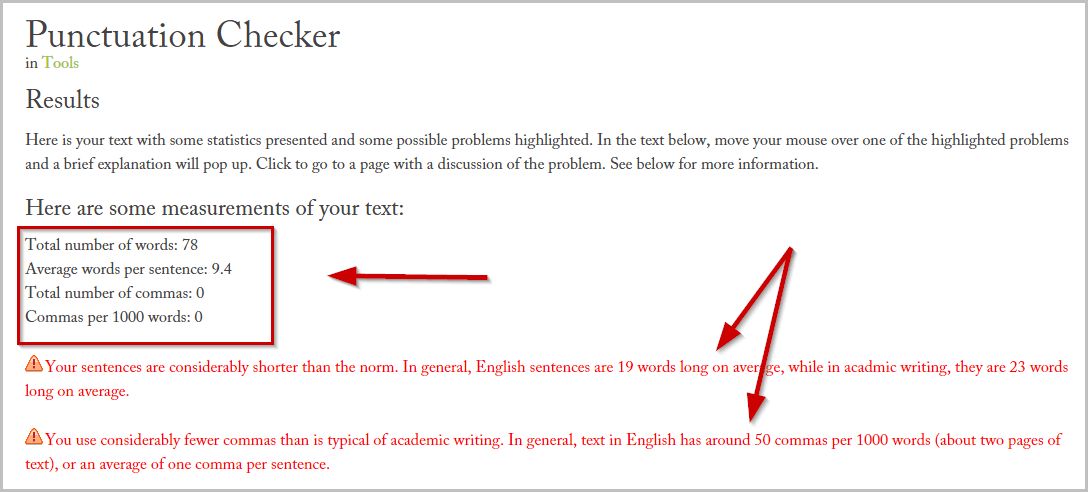The Critical Period Hypothesis For Language Acquisition.
If there is a critical period for second language acquisition, then logically there is also one for first language acquisition, and the answers to questions about language processing take a clear direction. One must be prudent, therefore, in accepting the hypothesis for a critical period in second language acquisition. Methodologically, one.The Critical Period Hypothesis for language acquisition was popularised by Eric Lenneberg (1967) upon the foundations laid by neurologist Wilder Penfield and colleague and Lamar Roberts (1959). It is the subject of a linguistic debate over the extent to which language acquisition is biologically.Second Language acquisition is the process of learning a second language (L2) by any human being. SLA researchers develop various research methodologies. The research paper will seek to explain some of the most relevant and recognized theories in the development of SLA. Further, the paper will explain what how learners can be successful in.
Abstract. In the field of applied linguistics the topic of critical period hypothesis (CPH) has proved significant. One principle reason is the assertion by various researchers that second language acquisition (SLA) is more easily obtained by younger children.The Critical Period Hypothesis - Is there a critical period in second language acquisition? - Sabine Starzer - Seminar Paper - English Language and Literature Studies - Linguistics - Publish your bachelor's or master's thesis, dissertation, term paper or essay.

Second-language acquisition (SLA), second-language learning, or L2 (language 2) acquisition, is the process by which people learn a second language.Second-language acquisition is also the scientific discipline devoted to studying that process. The field of second-language acquisition is a subdiscipline of applied linguistics, but also receives research attention from a variety of other.











